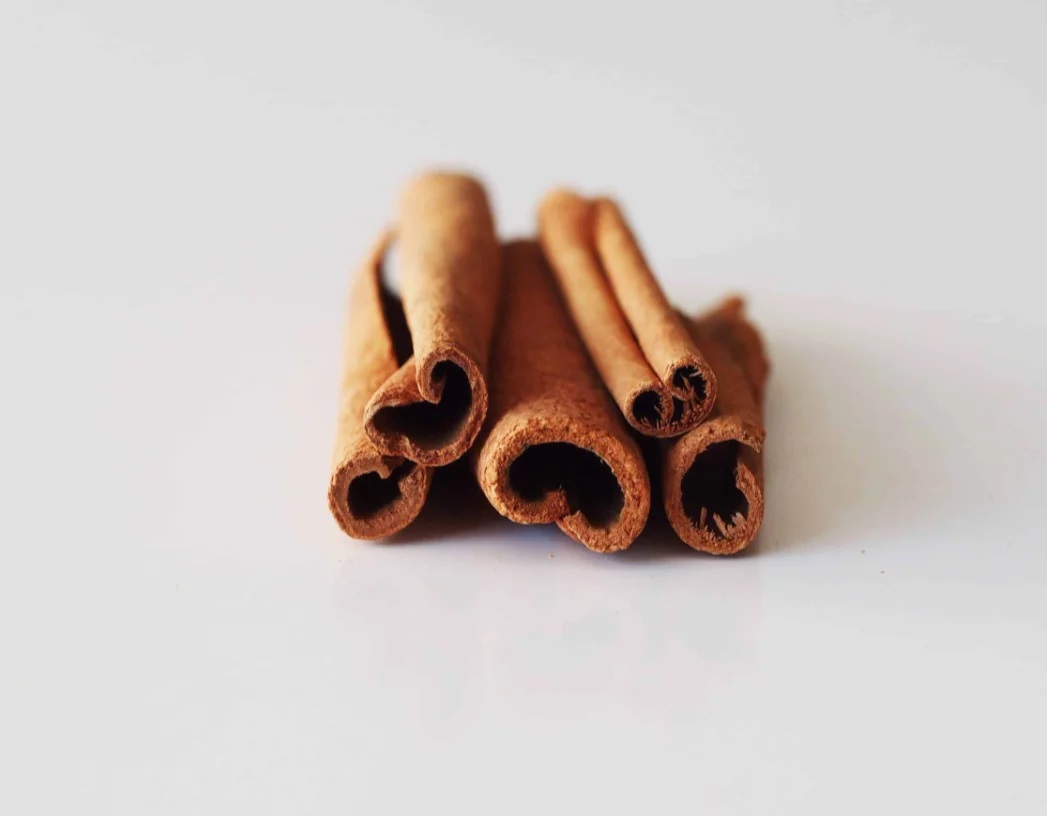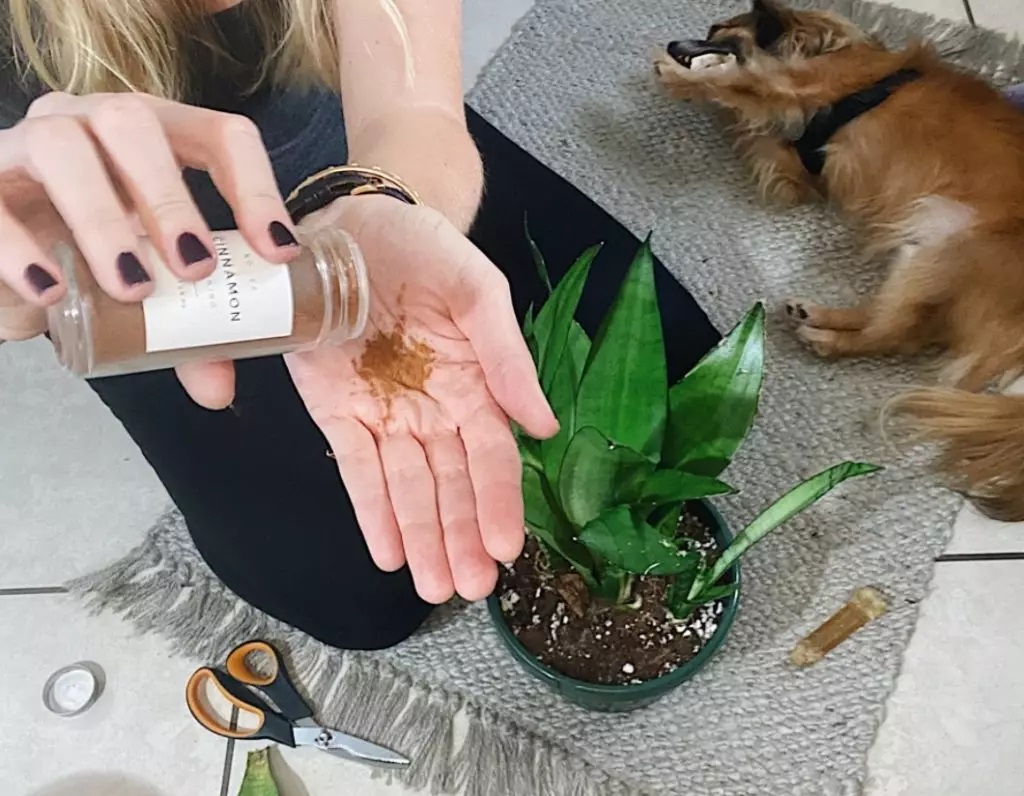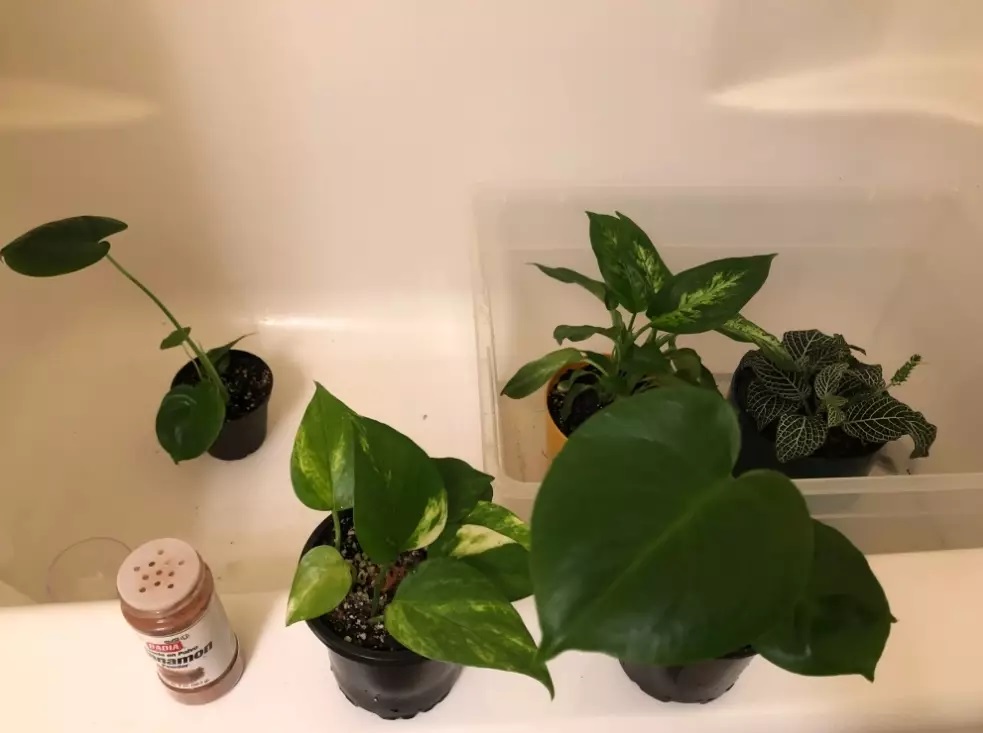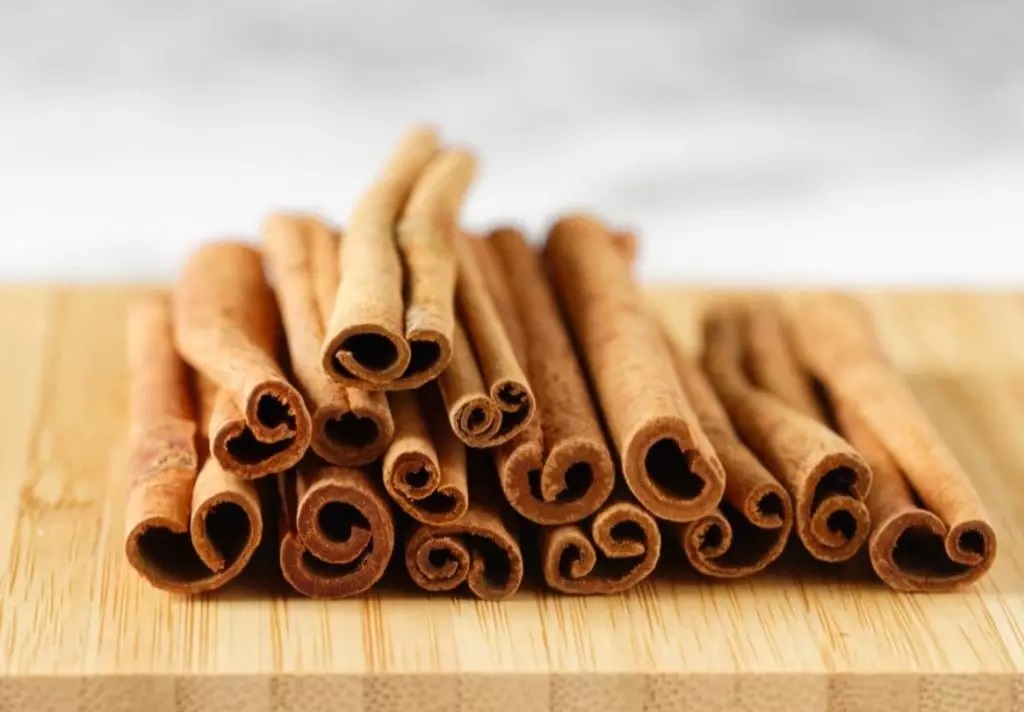Cinnamon is well known to us as one of the most common baking spices. It is easy to find it in almost any grocery supermarket. But did you know that cinnamon can be just as widely used in the care of indoor plants or even in the garden? It’s not a secret that it is always preferable to use natural substances than any chemical fertilizers, pesticides, and other chemicals. Cinnamon can serve as a great alternative to all of these substances for solving many problems at a lower cost. Today we will explain if cinnamon is good for plants and how we can use cinnamon in garden soil.
Cinnamon as a Natural Rooting Agent
Yes, it didn’t seem to you. Cinnamon is often used as a homemade rooting hormone. Cinnamon is a natural substitute for synthetic rooting stimulants for cuttings. And, as mentioned above, it is cheaper.
When applied to the stem of a plant, when you are planting a cutting, the cinnamon powder will stimulate root development in almost all plant species you grow this way, and you only need to apply cinnamon rooting hormone once.
How to use cinnamon powder? Place a spoonful of cinnamon on a paper towel. Fold the towel and shake gently to distribute the powder evenly. Moisten the end of the cutting and then wrap with a paper towel. Plant the cuttings in a pot of potting soil and care as usual. However, rooting will happen faster.

Cinnamon Natural Fungicide
When applied to a cutting plant, cinnamon fungicide will also serve as a prophylactic against fungal diseases that often attack seedlings when transferred to the ground.
If from season to season you encounter soil fungal diseases, then it makes sense to use cinnamon as a pesticide before planting, including seedlings. Dissolve two tablespoons of the powder in a jar with two glasses of hot water, stir well and let it brew overnight. Then strain the solution through a piece of cheesecloth or coffee filter, pour into a spray bottle, and spray the soil just before planting.
After annual pruning, cinnamon powder can also be applied to valuable fruit trees and shrubs to prevent pathogenic fungi from entering through the fresh wound.
Against Ants and Midges
Most garden pests, including ants, do not like cinnamon. So why not take advantage of cinnamon insecticide?
In a suburban area, ants can significantly spoil the life of the gardener. They set up their residences in the garden beds, climb into greenhouses and pay visits to the house.
Cinnamon helps repel ants and other small insect pests by creating a protective barrier that they prefer to bypass. Just apply cinnamon as a curb where ants can be a problem.
You can use this life hack for both indoor plants and outdoor plants. If you encounter such a problem indoors, then you should find the entry point for the ants, and then sprinkle with a thin layer of cinnamon powder. This barrier will not kill the ants but will prevent them from entering the house.

Cinnamon Removes Fungus
Cinnamon is also a great way to fight mold or mildew on plants. If you are faced with such a problem, then you should immediately sprinkle the infected surface with ground cinnamon. Such a procedure will inhibit the growth of the fungus, and, accordingly, will prevent the disease from progressing. If you are faced with such an unpleasant phenomenon as mold on the surface of the soil, then you need to replace it with a fresh one and at the same time change the pot. Here, too, cinnamon comes to the rescue, because it is an excellent alternative to solving this problem. It is enough just to sprinkle cinnamon on the ground to restore health and good appearance to the plant.
Cinnamon Drives Away Various Animals
This is another useful way to use cinnamon in the garden. If you are concerned about the appearance of animals such as squirrels, rabbits, or moles that can damage the plants in your garden, sprinkle cinnamon on the ground. The smell of cinnamon will scare them away. Although cinnamon can irritate the mucous membranes of the nose and mouth, it will not do significant harm to their health, but it will save your plants from their unwanted visit.
Cinnamon Heals Plants

Cinnamon is an excellent and proven remedy for plant wounds. It often happens that we accidentally damage some of them (for example, when pulling out weeds) or when over-pruning. Cinnamon will be the salvation, which accelerates healing. In addition, it will protect the plants from further damage.
Cinnamon on Seedlings
Cinnamon can be used not only for the treatment of mature plants but also for seedlings. Indeed, it often happens that various diseases appear on seeds or seedlings, which can even cause their death. Here the not-unknown cinnamon comes to our aid again. For prevention, you can simply sprinkle cinnamon powder on the soil. Uses of cinnamon powder are also a great method for dealing with small gnats, which appear near the seedling trays.
Cinnamon Saves from Rust
Gardeners often encounter such an unpleasant phenomenon as rust on plants. This is a fairly common fungal infection that can occur on many garden plants. Unfortunately, this fungal infection can spread to all parts of the plant, even flowers. As we said earlier, cinnamon is a great antifungal remedy. Most often, simply sprinkling a little cinnamon powder on the soil is sufficient. To avoid such cases, it is also recommended to adhere to the usual rules of plant care.
Cinnamon on Houseplants
Cinnamon is also beneficial for indoor plants. It can be used against spider mites, whiteflies, or any other common pest that can often appear in greenhouses. The solution is to simply sprinkle cinnamon on plant soil around the plants. So the method is also great for treating indoor plants.

Are Cinnamon Sticks Effective in the Garden?
Some gardeners think that cinnamon sticks can be as effective as cinnamon powder. Unfortunately, this is not entirely true. The only effective way to use cinnamon sticks when caring for plants is to break them into small pieces and sprinkle them on the mulch. Keep in mind that the cinnamon sticks are quite hard and you will need to make an effort to break them. This procedure will help prevent the appearance of fungi. But in other cases, it is better to use ground cinnamon, this one will be more effective.Cinnamon is a really good and relatively inexpensive solution to many common plant problems, especially when used with other gardening methods. When using cinnamon as a plant treatment and disinfection agent, keep in mind that it is not a panacea at all. Will cinnamon hurt plants? Definitely not if used in reasonable amounts. You will have to make an effort to cause significant damage to the plants by using cinnamon in their care.


